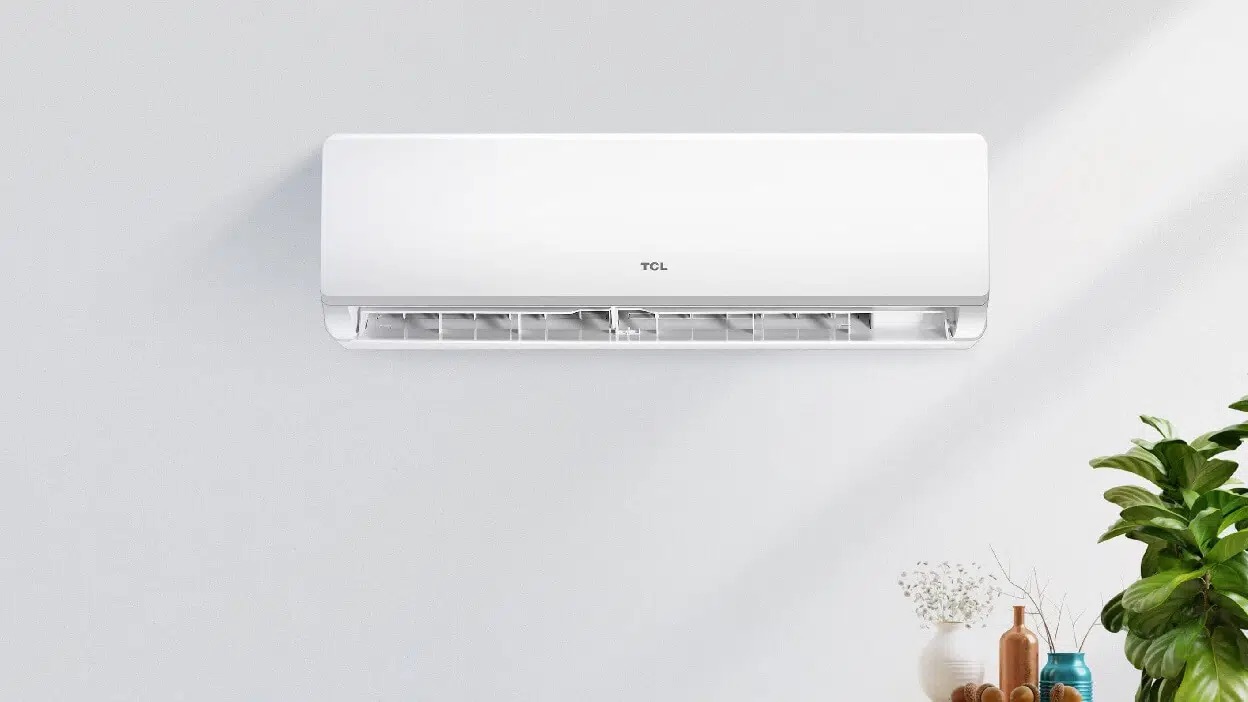

Articles
How Many Kwh Does An AC Use
Modified: January 24, 2024
Discover how many kilowatt-hours (kWh) an AC unit consumes and learn energy-saving tips in this informative article.
(Many of the links in this article redirect to a specific reviewed product. Your purchase of these products through affiliate links helps to generate commission for Storables.com, at no extra cost. Learn more)
Introduction
With the scorching heat of summer, air conditioning has become a necessity in many homes and offices. While we all appreciate the cool comfort provided by air conditioners, it’s important to understand their energy consumption. Whether you’re concerned about electricity bills or environmental impact, knowing the energy usage of your AC unit can help you make informed decisions.
In this article, we will delve into the factors that affect AC energy consumption and provide tips on how to reduce it. By understanding the basics and implementing energy-saving practices, you can enjoy a cool and comfortable environment while minimizing your carbon footprint.
Before we explore ways to minimize AC energy usage, let’s first understand the fundamentals of how air conditioners operate and the factors that influence their energy consumption.
Key Takeaways:
- Understanding the factors that influence AC energy consumption, such as temperature settings, insulation, and maintenance, empowers informed decisions to optimize energy usage and minimize environmental impact.
- Implementing energy-saving practices, like using programmable thermostats, improving insulation, and utilizing natural ventilation, can significantly reduce AC energy consumption and lower electricity bills.
Read more: How Many Kwh Does A Refrigerator Use
Understanding the Basics of AC Energy Consumption
To comprehend AC energy consumption, it’s crucial to grasp how air conditioners work. Air conditioners rely on refrigeration technology to cool the air in a space. They extract heat from the indoor air and expel it outside, leaving behind cool air for us to enjoy.
The energy consumption of an AC unit is primarily determined by its cooling capacity, measured in British Thermal Units (BTUs) per hour. The higher the BTU rating, the more cooling power the AC unit has and, consequently, the more energy it consumes.
Another key factor that affects AC energy consumption is the energy efficiency ratio (EER) or seasonal energy efficiency ratio (SEER) rating. This rating indicates how efficiently the AC unit converts energy into cooling output. Higher EER or SEER ratings signify better energy efficiency and lower energy consumption.
In addition to the technical specifications of the AC unit, environmental factors also influence energy consumption. The ambient temperature and humidity levels impact an air conditioner’s efficiency. Extreme heat and high humidity cause the AC unit to work harder to cool the air, resulting in increased energy usage.
Furthermore, the size and insulation of the space being cooled play a vital role in AC energy consumption. Undersized AC units may struggle to cool a large area efficiently, leading to prolonged operation and greater energy consumption. Inadequate insulation can also lead to air leaks, requiring the AC unit to work harder to maintain the desired temperature.
Now that we have a basic understanding of how AC energy consumption is influenced, let’s explore the specific factors that can impact the energy usage of air conditioning systems.
Factors Affecting AC Energy Usage
Several factors can significantly impact the energy usage of an air conditioning system. Understanding these factors can help you identify areas where you can make adjustments to optimize energy consumption. Let’s take a look at some of the key factors:
- Temperature Setting: The temperature at which you set your air conditioner greatly affects its energy consumption. The lower the temperature setting, the more energy the AC unit will need to cool the air. Consider setting your thermostat to a slightly higher temperature to reduce energy usage without sacrificing comfort.
- Thermostat Programming: Utilizing programmable thermostats allows you to schedule temperature adjustments based on your needs. For example, you can set the AC to run at a higher temperature when you’re away from home or during the night when lower temperatures aren’t essential. This can result in significant energy savings over time.
- Insulation: Proper insulation plays a crucial role in maintaining a comfortable indoor temperature and reducing energy usage. Good insulation minimizes heat transfer, preventing cool air from escaping and reducing the amount of energy needed to cool the space. Ensure that your doors, windows, and walls are adequately insulated to maximize energy efficiency.
- Air Filter Maintenance: Regularly cleaning or replacing the air filters in your AC unit is essential for efficient functioning. Dirty filters restrict airflow, forcing the AC unit to work harder and consume more energy. Clean filters promote better air circulation and reduce energy consumption.
- Ductwork: Leaky ducts can significantly impact energy efficiency. Inspect your ductwork for any air leaks and seal them properly. This will prevent conditioned air from escaping and ensure that the AC unit doesn’t have to work harder to compensate for the lost cool air. Properly sealed ducts can result in substantial energy savings.
- Sunlight Exposure: The amount of sunlight that enters your space can affect AC energy consumption. Sunlight can heat up a room, forcing the air conditioner to work harder to maintain the desired temperature. Consider using blinds or curtains to block out the sun during the hottest parts of the day, especially for windows that directly face the sun.
By considering these factors and making necessary adjustments, you can optimize the energy usage of your air conditioning system and reduce your overall energy consumption.
Determining AC Energy Consumption
To determine the energy consumption of your air conditioning system, you need to consider its cooling capacity and energy efficiency. Here are a couple of ways to calculate or estimate AC energy consumption:
- Manufacturer’s Specifications: The easiest way to determine AC energy consumption is to refer to the manufacturer’s specifications. AC units usually come with an energy label that provides information on their energy efficiency, power consumption, and cooling capacity. The energy label may also include an estimated annual energy usage in kilowatt-hours (kWh) based on specific usage patterns.
- Energy Consumption Formula: Alternatively, you can calculate the energy consumption of your AC unit using a simple formula: Energy Consumption (kWh) = Power Consumption (kW) x Operating Hours. The power consumption of the AC unit is typically mentioned on its label or specifications. Multiply the power consumption by the number of hours the AC unit operates per day to get an estimate of the daily energy consumption. Multiply this by the number of days in a month or year for the monthly or annual energy consumption.
Keep in mind that these calculations provide estimates and may not account for variables such as climate, temperature settings, and usage patterns. However, they can give you a rough idea of your air conditioner’s energy consumption and help you understand its impact on your electricity bills.
It’s important to note that continuous running of the AC unit may not be necessary in moderate weather conditions. Consider using features like sleep mode or timer settings to reduce operating hours and minimize energy usage. Additionally, adopting energy-efficient practices, such as using ceiling fans or opening windows during cooler hours, can help reduce the reliance on air conditioning and lower energy consumption.
Consider using a programmable thermostat to set the AC to a higher temperature when you’re away. This can help reduce energy usage and save on your electricity bill.
Average AC Energy Consumption
The average energy consumption of an air conditioning system can vary based on several factors, including the size and efficiency of the AC unit, climate conditions, and personal usage patterns. However, we can provide some general guidelines regarding average AC energy consumption.
Residential air conditioners typically range in cooling capacity from 5,000 BTUs to 50,000 BTUs. Smaller AC units, such as those with a cooling capacity of 5,000 to 10,000 BTUs, are commonly used in single rooms or small apartments. On average, these units may consume around 0.8 to 1.2 kilowatt-hours (kWh) of electricity per hour of operation.
Medium-sized AC units, with cooling capacities ranging from 10,000 to 18,000 BTUs, are commonly used in larger rooms or open-concept living spaces. These units may consume approximately 1.2 to 1.8 kWh per hour of operation.
Larger AC units, with cooling capacities of 18,000 BTUs or higher, are typically used for cooling larger areas or multiple rooms. These units may consume around 1.8 to 2.5 kWh per hour of operation.
It’s important to note that these figures are purely estimates and can vary based on factors such as the energy efficiency of the AC unit, the local climate, and individual usage patterns. To get a more accurate estimate of your AC unit’s energy consumption, refer to the manufacturer’s specifications or consult with an HVAC professional.
Remember that the overall energy consumption of your air conditioning system will also depend on factors such as the temperature setting, duration of operation, insulation, and maintenance of the AC unit. By implementing energy-saving practices and optimizing the efficiency of your AC system, you can help reduce its overall energy consumption.
Now that we have discussed average AC energy consumption, let’s explore some tips to help you reduce your air conditioner’s energy usage.
Read more: How Many KWh Does An Air Conditioner Use
Tips for Reducing AC Energy Consumption
Reducing AC energy consumption not only benefits your wallet but also helps in conserving energy and minimizing your environmental impact. Here are some practical tips to help you lower your air conditioning energy usage:
- Set the thermostat at an optimal temperature: Adjust your thermostat to a slightly higher temperature in the summer, such as 78°F (26°C). This can significantly reduce energy consumption without compromising your comfort. Consider using a programmable thermostat to automatically adjust the temperature based on your schedule.
- Utilize natural ventilation: Take advantage of cooler mornings and evenings by opening windows and using natural airflow to cool your home. Use ceiling fans or portable fans to improve air circulation and create a comfortable environment.
- Keep windows covered: Install blinds, curtains, or window films to block out sunlight and reduce heat gain. This can help keep your space cooler and reduce the workload of your AC unit.
- Maintain your AC unit: Regularly clean or replace your AC unit’s air filters to ensure proper airflow and energy efficiency. Schedule annual maintenance checks to keep the system running optimally.
- Improve insulation: Properly insulating your home or office can prevent cool air from escaping and hot air from entering. Insulate doors, windows, and walls to minimize heat transfer and reduce the workload on your AC unit.
- Use fans to complement your AC: Ceiling fans or portable fans can create a wind-chill effect, making you feel cooler without having to lower the temperature on your AC. This allows you to raise the thermostat setting and reduce energy consumption.
- Close off unused rooms: If there are rooms that are rarely used, close the vents and doors to prevent cool air from being wasted. This allows your AC unit to focus on cooling the occupied areas more efficiently.
- Limit heat-generating activities: Appliances such as ovens, stoves, and dryers generate heat and increase the workload on your AC unit. Minimize their usage during the hottest parts of the day or switch to energy-efficient alternatives.
- Consider energy-efficient AC units: When it’s time to replace your AC unit, look for models with high energy efficiency ratings (EER or SEER). Energy-efficient units may have a higher upfront cost but can save you money in the long run through reduced energy consumption.
- Utilize shade and landscaping: Plant trees or install awnings to provide shade to your home or office building. By reducing direct sunlight, you can prevent excess heat gain and lessen the workload on your AC unit.
Implementing these tips can help you reduce your AC energy consumption and lower your electricity bills, all while maintaining a comfortable indoor environment. Remember, even small changes in your habits and practices can make a significant difference in energy savings.
Conclusion
Air conditioning is a valuable and essential comfort in hot climates, but it’s important to be aware of its energy consumption. By understanding the basics of AC energy consumption and the factors that affect it, you can make informed decisions to optimize energy usage and minimize your environmental impact.
We examined the fundamentals of how air conditioners work and discussed key factors that influence their energy consumption, such as temperature settings, insulation, and maintenance. Additionally, we explored various methods for determining AC energy consumption, whether through manufacturer specifications or energy consumption formulas.
On average, air conditioning units consume varying amounts of energy based on their cooling capacity and usage patterns. However, by implementing energy-saving practices, such as using programmable thermostats, improving insulation, and utilizing natural ventilation, you can reduce AC energy consumption and lower your electricity bills.
Remember to maintain your AC unit by regularly cleaning or replacing air filters and scheduling annual maintenance checks. This ensures that the system operates efficiently and minimizes energy waste.
Lastly, consider investing in energy-efficient AC units with higher EER or SEER ratings. Although they may have a higher upfront cost, they can save you money in the long run by reducing energy consumption and lowering your overall carbon footprint.
By adopting these tips and practices, you can enjoy a cool and comfortable environment while being mindful of your energy consumption and contributing to a more sustainable future.
In conclusion, understanding AC energy consumption and implementing energy-saving strategies not only benefits your wallet but also has a positive impact on the environment. So, let’s strive to keep our homes cool while reducing our energy footprint.
Frequently Asked Questions about How Many Kwh Does An AC Use
Was this page helpful?
At Storables.com, we guarantee accurate and reliable information. Our content, validated by Expert Board Contributors, is crafted following stringent Editorial Policies. We're committed to providing you with well-researched, expert-backed insights for all your informational needs.
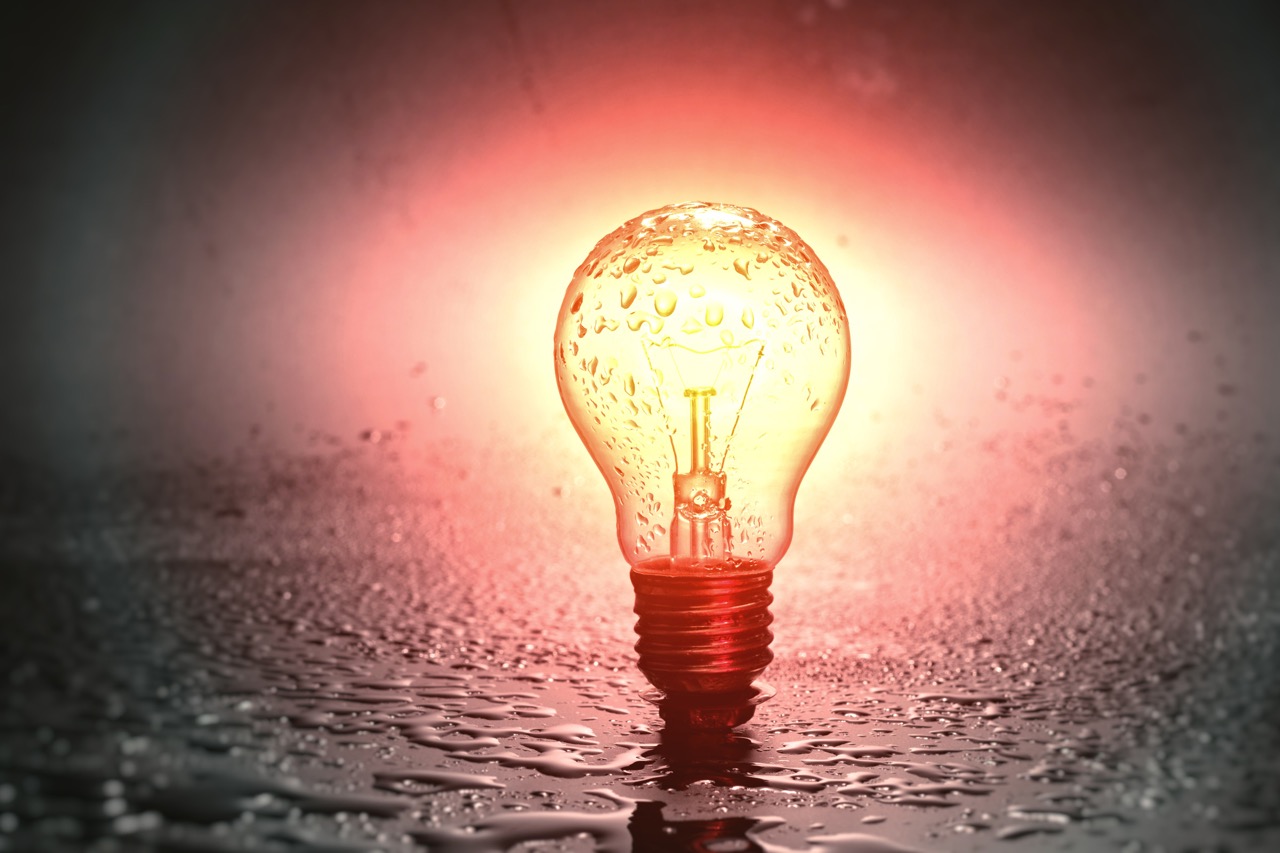
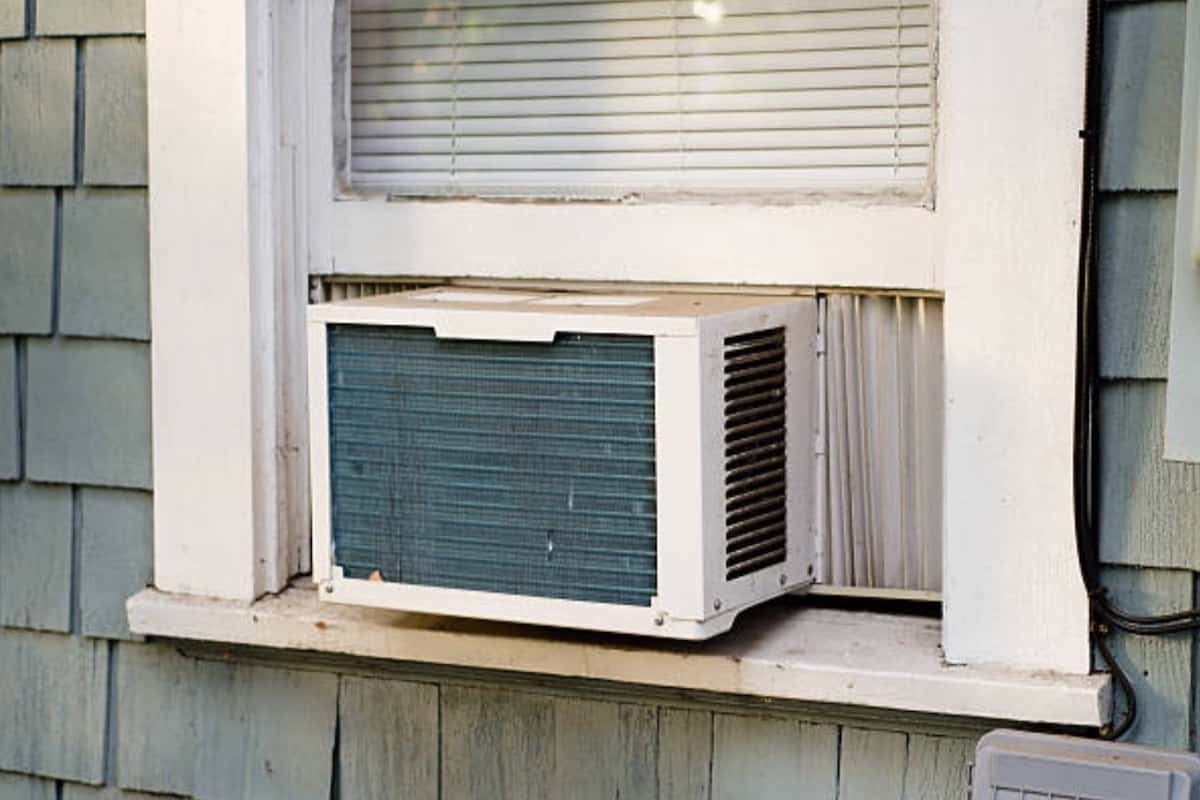
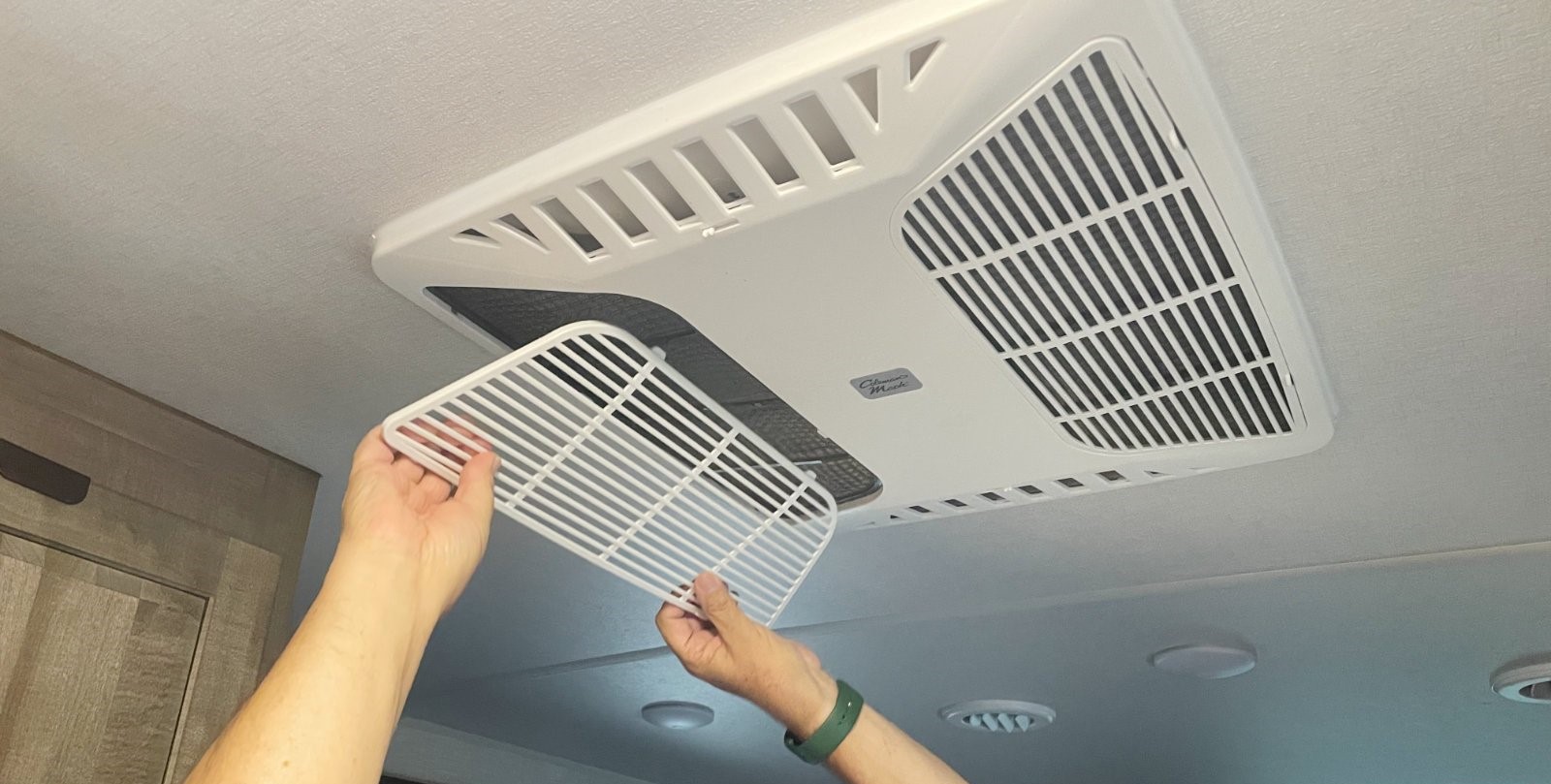
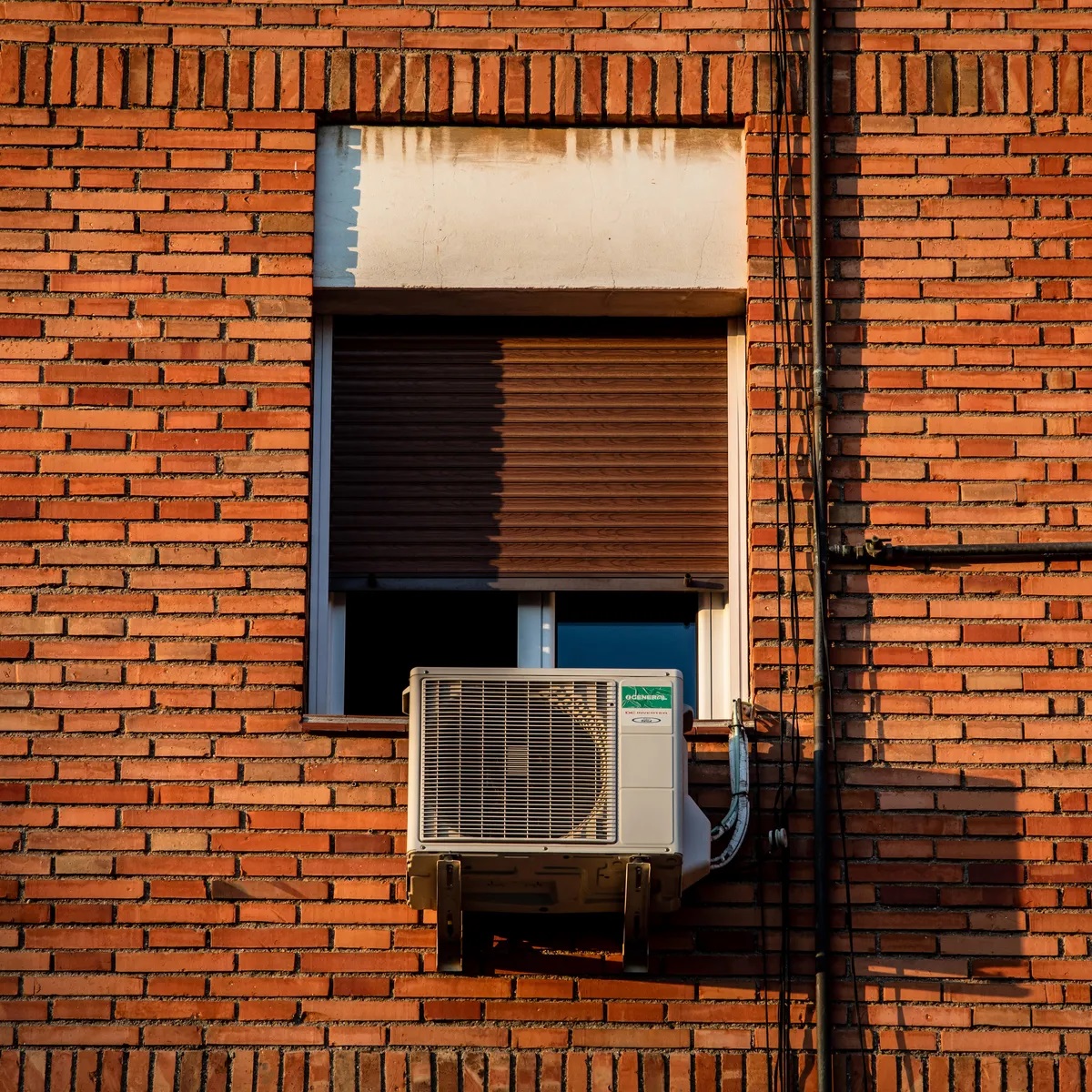

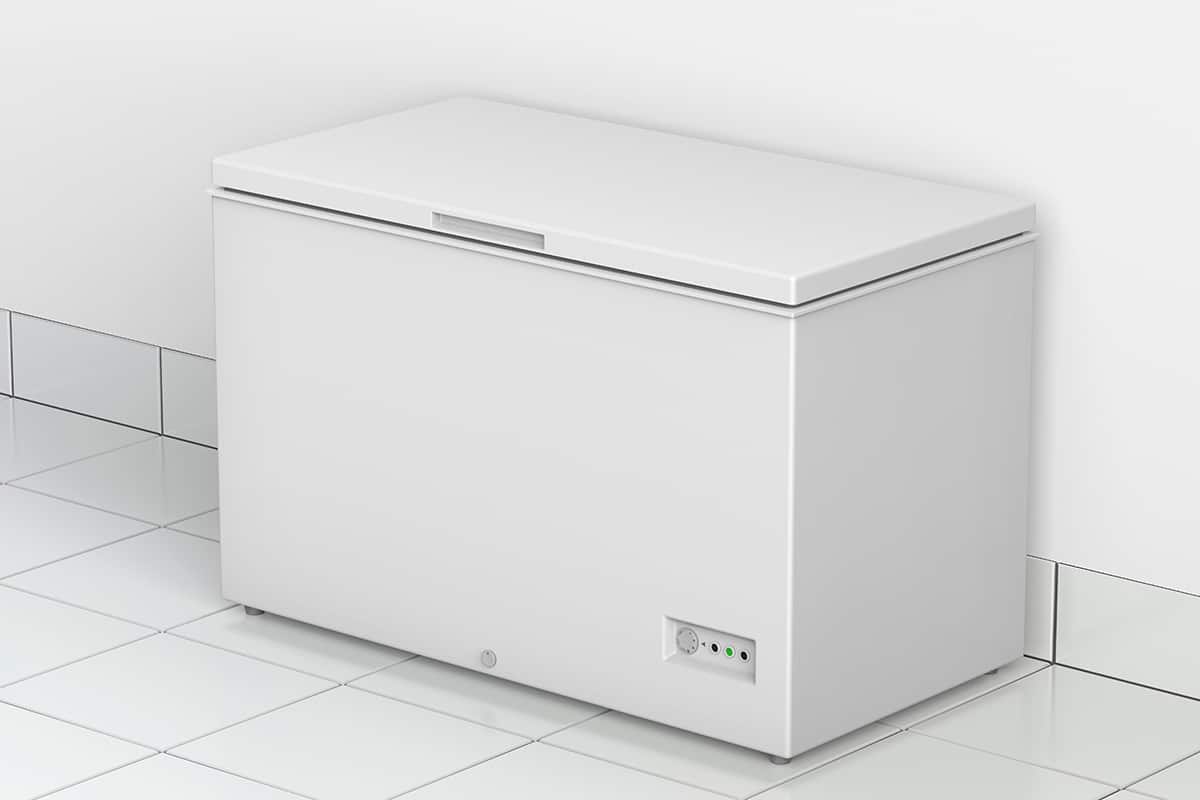
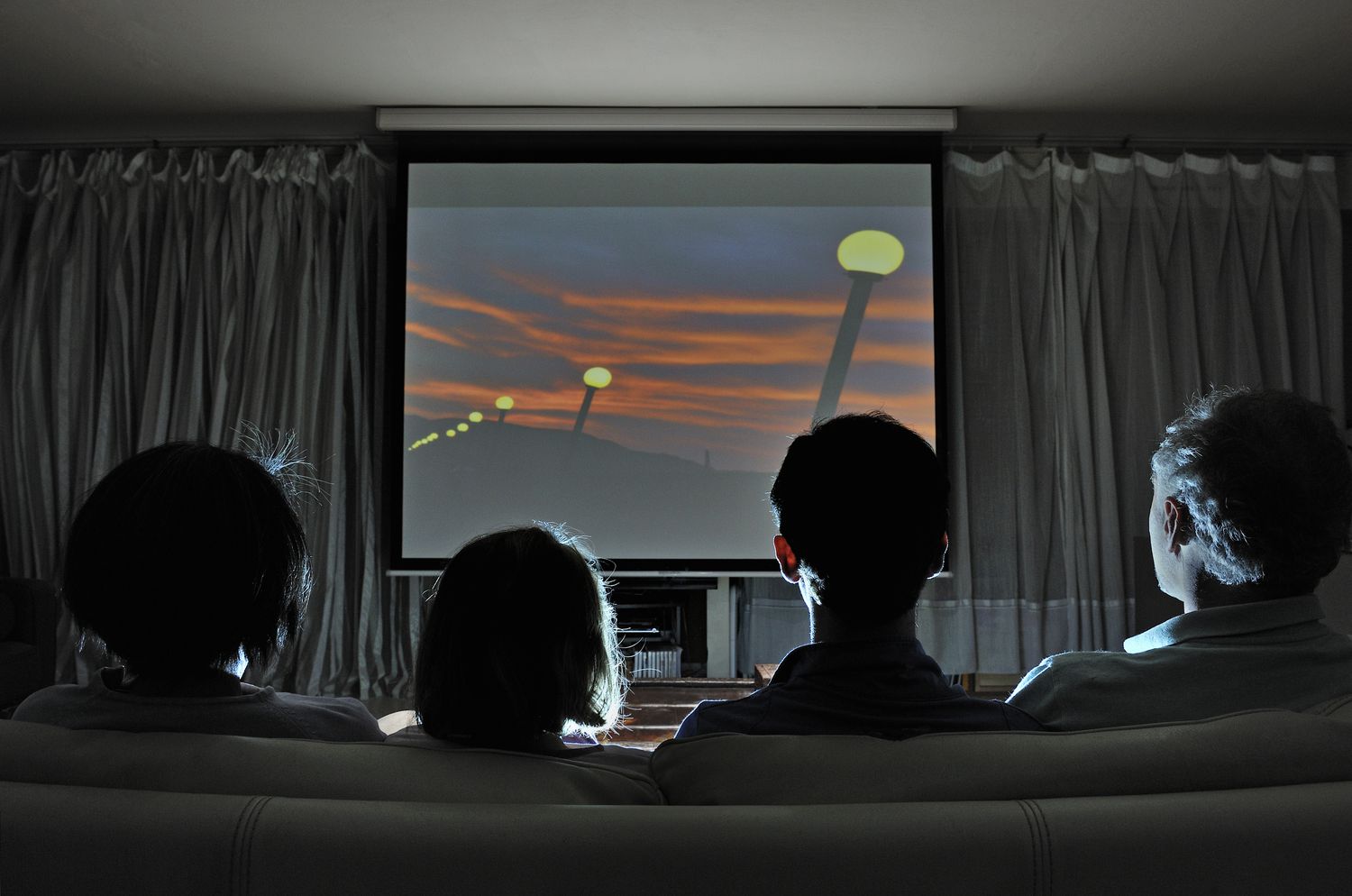

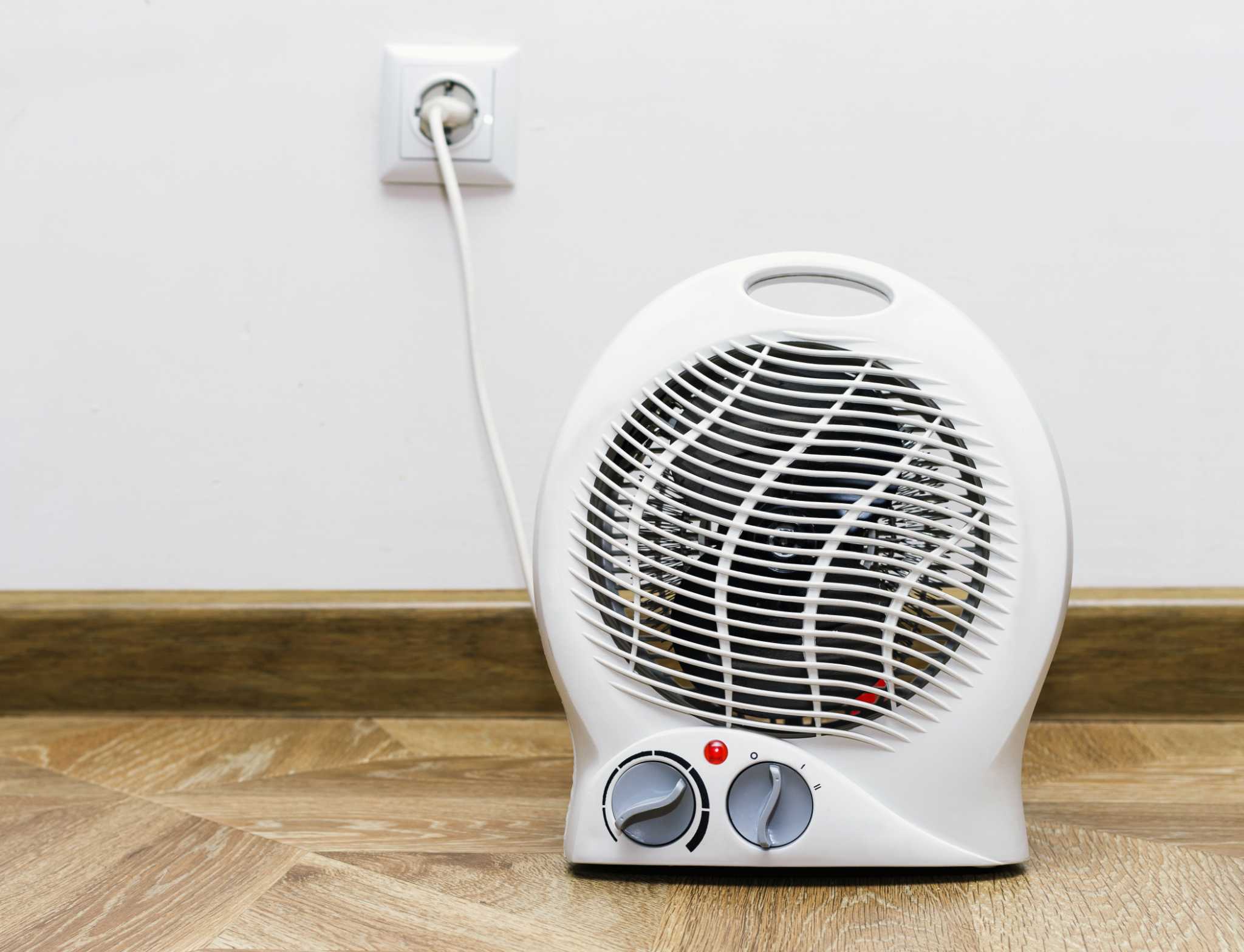
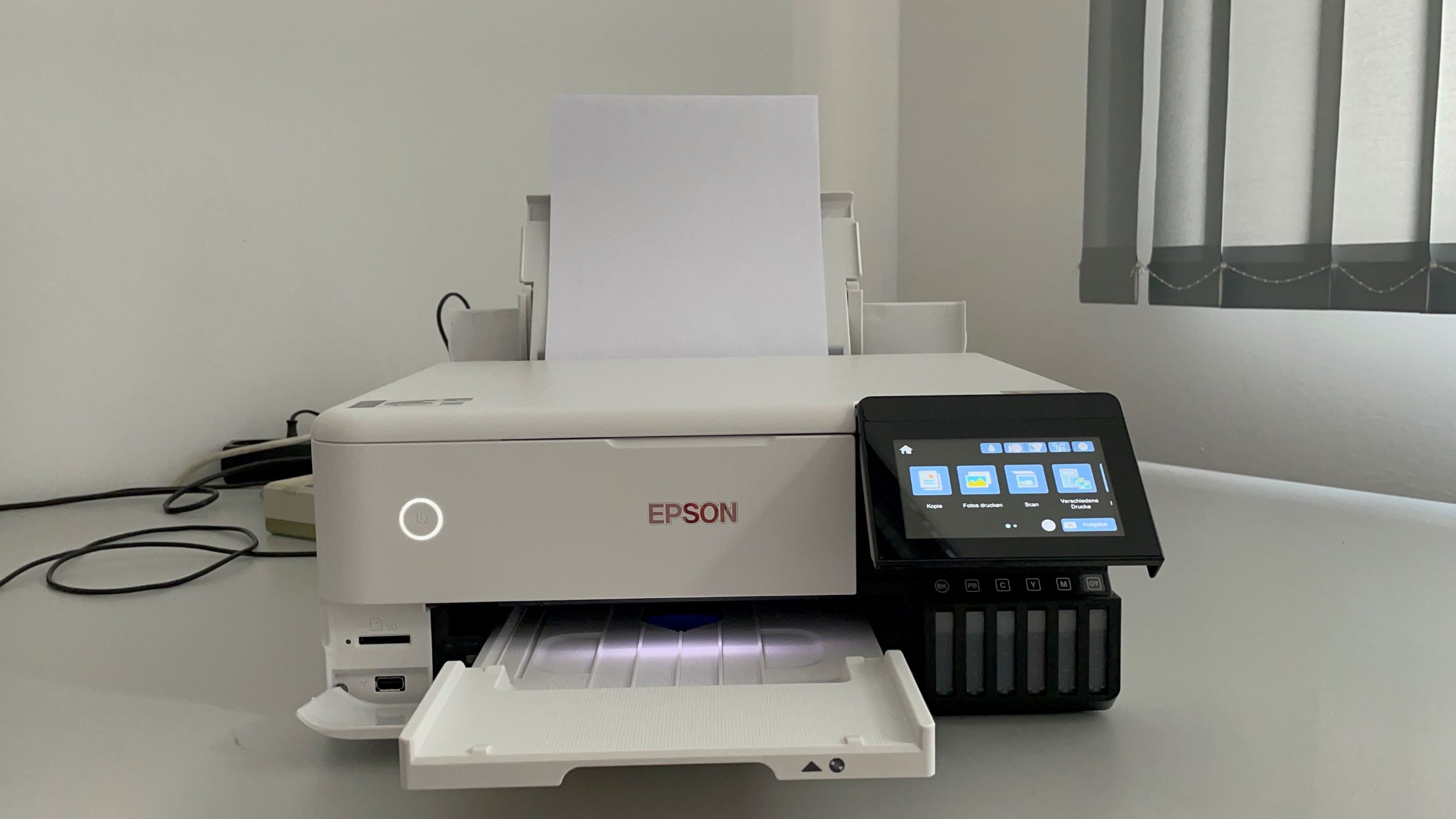

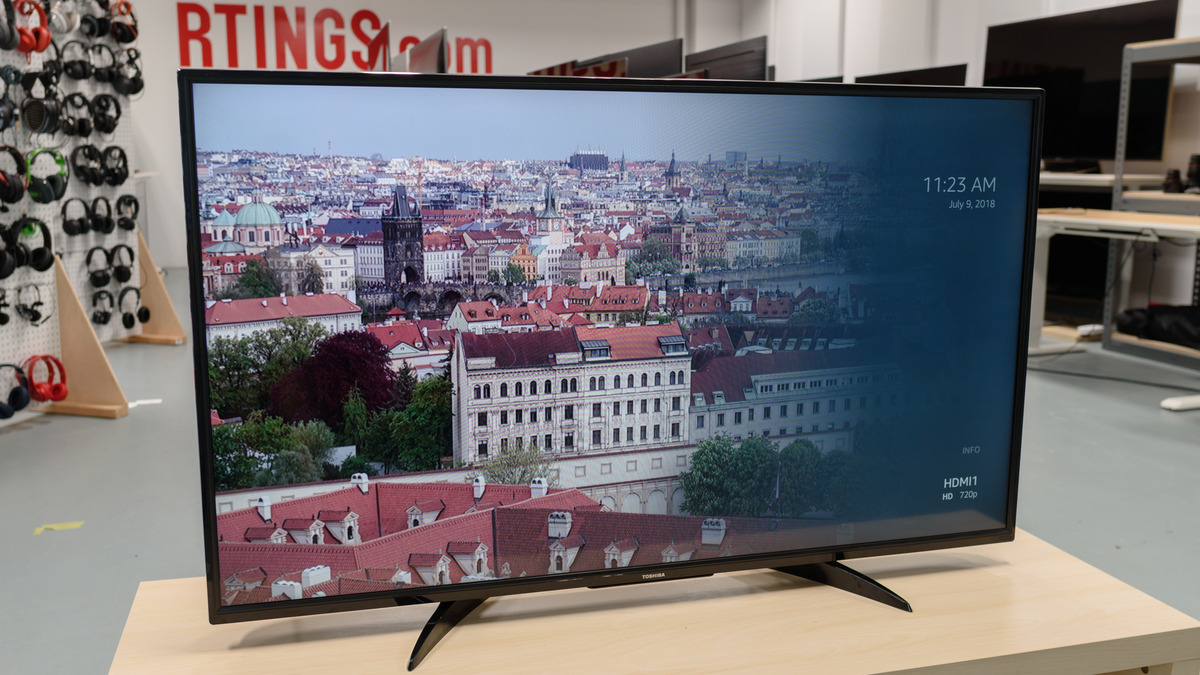
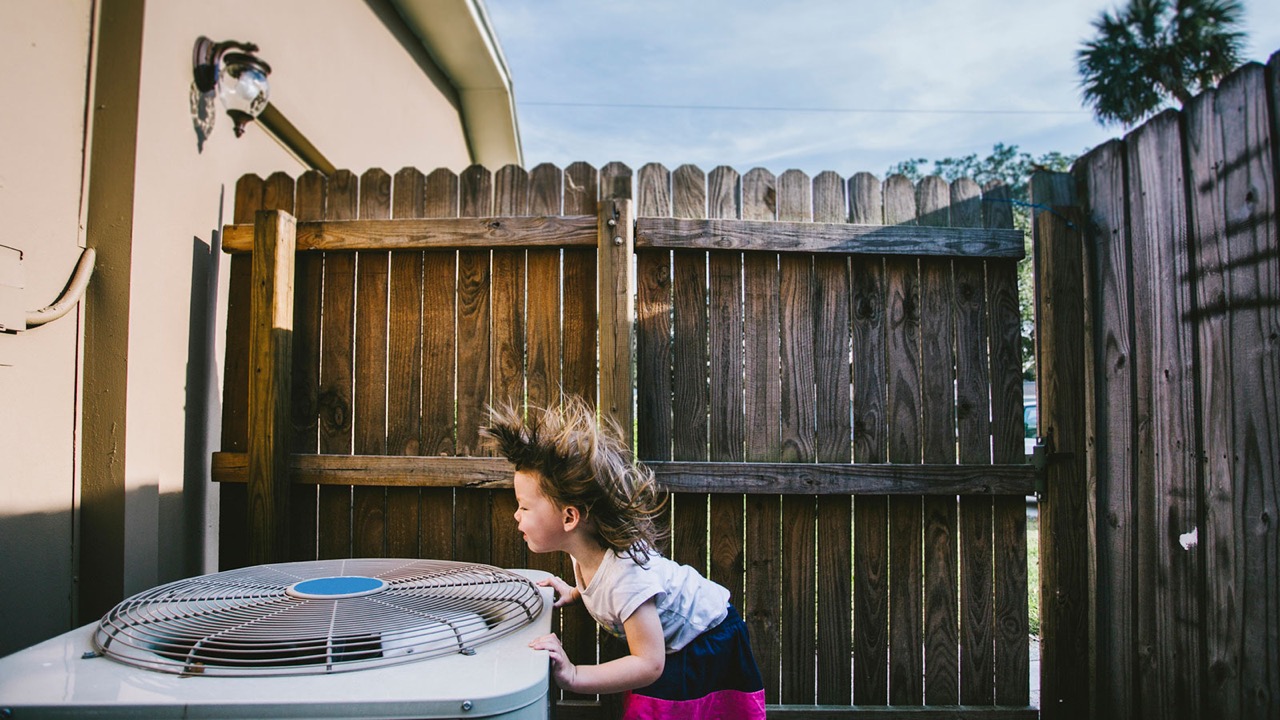
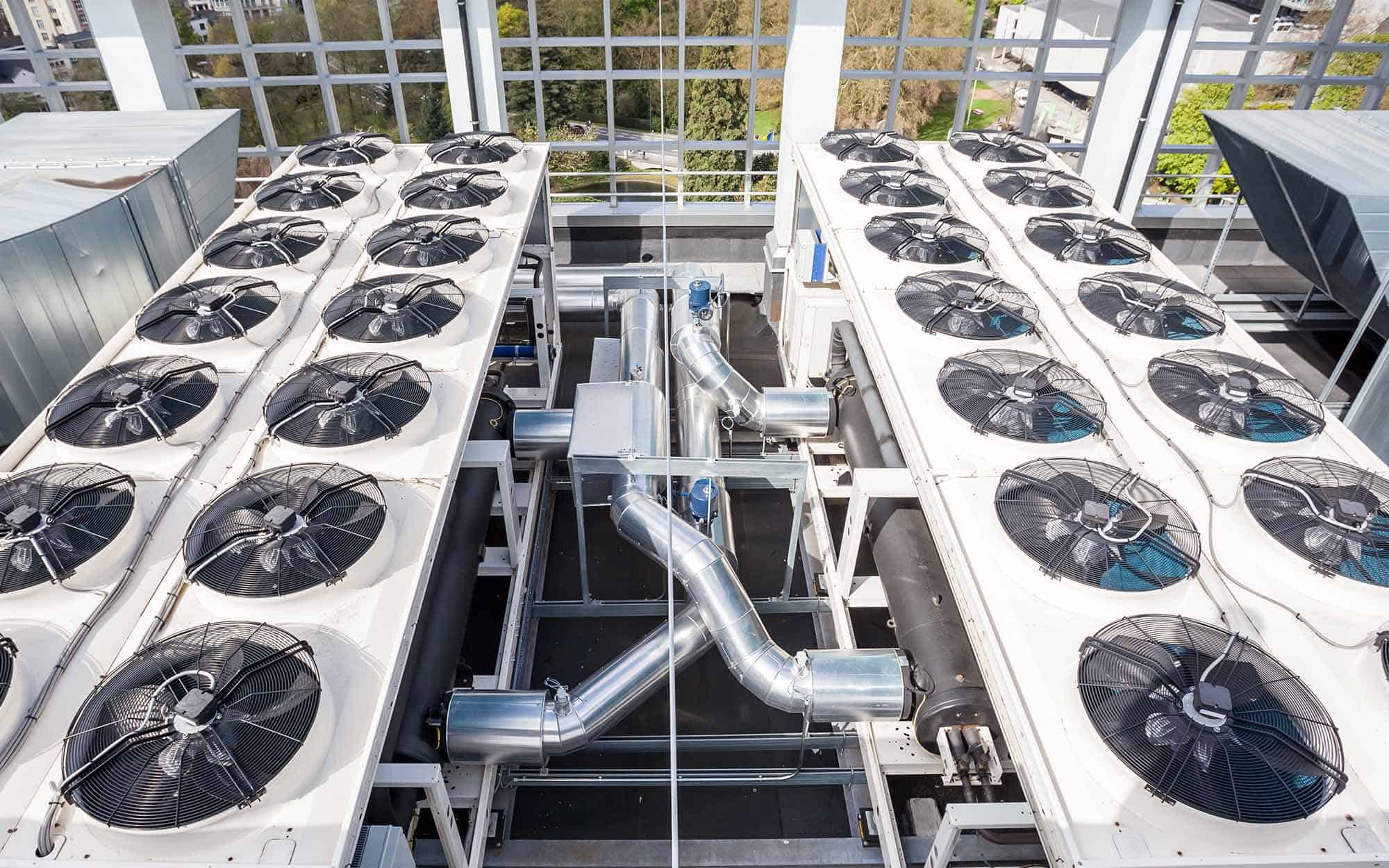

0 thoughts on “How Many Kwh Does An AC Use”